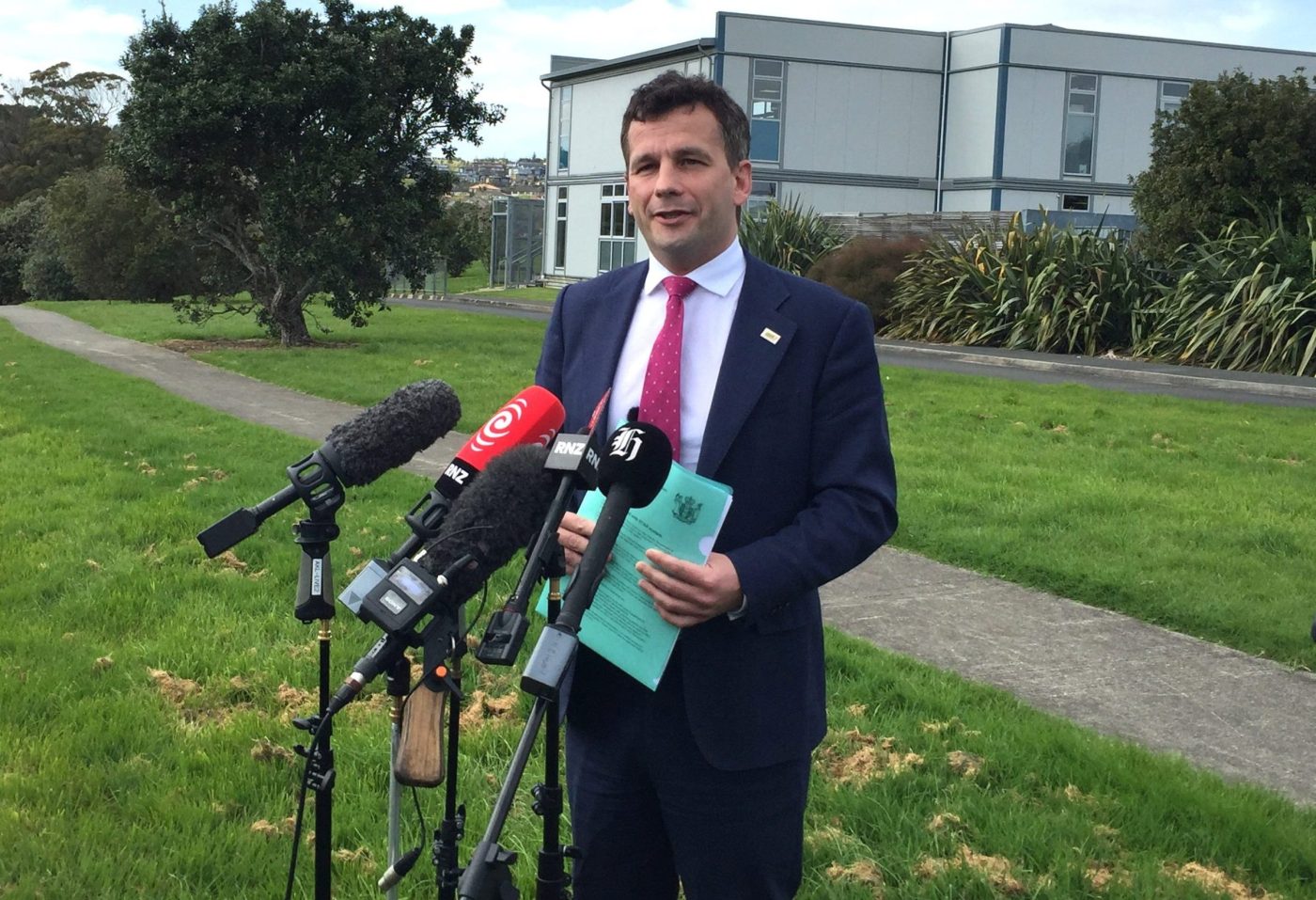
Anyone wanting to make a submission on the ACT Party’s Treaty Principles Bill needs to hurry as the deadline to do so is at 11.59pm on January 7.
According to Parliament, it first introduced the concept of the Treaty principles in legislation in the Treaty of Waitangi Act 1975, but did not define them.
“The Treaty principles help reconcile differences between the te reo Māori and English texts and give effect to the spirit and intent of the Treaty when applied to contemporary issues.
“They apply to Government policy and operational decisions and are used to interpret legislation, and by the Waitangi Tribunal to review proposed Crown action or inaction, policies, and legislation.
“The purpose of the Bill is to set out the principles of the Treaty of Waitangi in legislation, and require, where relevant, those principles to be used when interpreting legislation.”
The Bill proposes the following principles:
- Principle 1: The Government of New Zealand has full power to govern, and Parliament has full power to make laws. They do so in the best interests of everyone, and in accordance with the rule of law and the maintenance of a free and democratic society.
- Principle 2: The Crown recognises the rights that hapū and iwi had when they signed the Treaty/te Tiriti. The Crown will respect and protect those rights. Those rights differ from the rights everyone has a reasonable expectation to enjoy only when they are specified in Treaty settlements.
- Principle 3: Everyone is equal before the law and is entitled to the equal protection and equal benefit of the law without discrimination. Everyone is entitled to the equal enjoyment of the same fundamental human rights without discrimination.
The Bill’s intention is to define “what the principles of the Treaty of Waitangi are in statute to create greater certainty and clarity to the meaning of the principles in legislation, promote a national conversation about the place of the principles in the country’s constitutional arrangements, create a more robust and widely understood conception of New Zealand’s constitutional arrangements, and each person’s rights within them, and build consensus about the Treaty/te Tiriti and New Zealand’s constitutional arrangements that will promote greater legitimacy and social cohesion”.
The other two parties in the coalition Government, National and New Zealand First, have said they will not support the Bill past its first reading in Parliament.
The Bill is also opposed by Labour, the Green Party and Te Pati Māori.
One of the groups opposed to the Bill is the New Zealand Council of Trade Unions (NZCTU), which has submitted in opposition to it.
The NZCTU says the Bill breaches the Treaty of Waitangi and is an attack on tino rangatirantanga (self-determination or sovereignty) and the collective rights of tangata whenua.
Its acting president, Rachel Mackintosh, says the Bill seeks to legislate for Treaty principles that are not derived from the text, the intention of the parties or the historical context in which the document was signed.
“It represents a direct attack on the legitimate meaning of Te Tiriti to undermine Maori rights.
“Our recommendation is the Government completely abandon this Bill and make no further attempts to distort the genuine principles of Ti Tiriti or to remove references to the Te Tiriti principles in legislation.
“This Bill has no place in a modern democracy. It represents backward colonial baggage that should be consigned to the dustbin of history.”
Seymour recently said a new poll suggested Kiwis favour a referendum to decide the principles of the Treaty.
The Curia poll, commissioned by the lobby group Hobson’s Pledge, asks who should decide the principles of the Treaty.
Of the four options presented, New Zealanders most favoured a referendum, followed by Parliament, then the Waitangi Tribunal, with the judiciary ranked last.
Seymour says the same preference emerged when New Zealanders were asked which body should have the final say if there is a serious disagreement between those four bodies as to what the principles of the Treaty of Waitangi are.
“This poll shows exactly why the Treaty Principles Bill is needed.
“Unelected authorities have decided the Treaty means we are a partnership of two separate groups, with different rights and duties, and until now, New Zealanders have been shut out of the conversation.
“The Treaty Principles Bill would use a referendum to define the Treaty principles in law.
“The principles would reflect what was actually signed in 1840, including Article 3’s promise of ‘nga tikanga katoa rite tahi – the same rights and duties for all’.”
To make a submission on the Bill, go online here.









